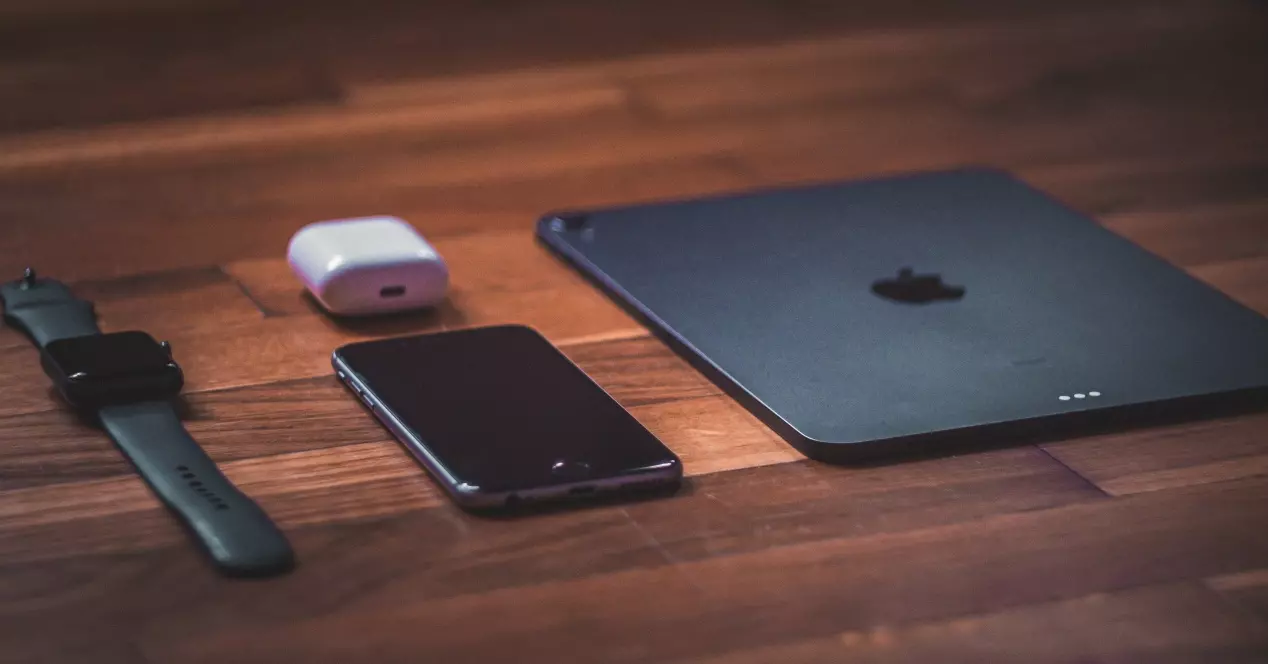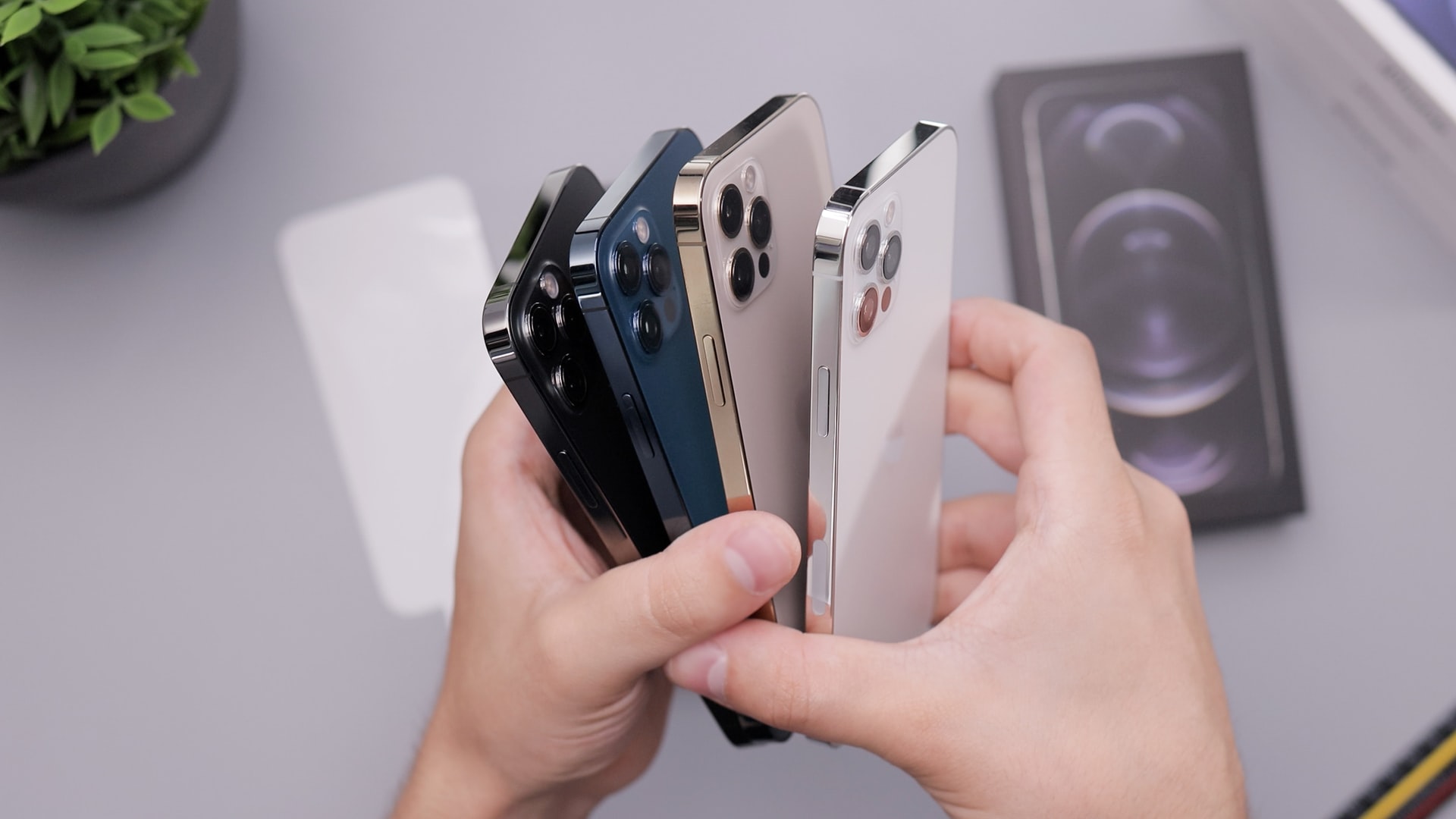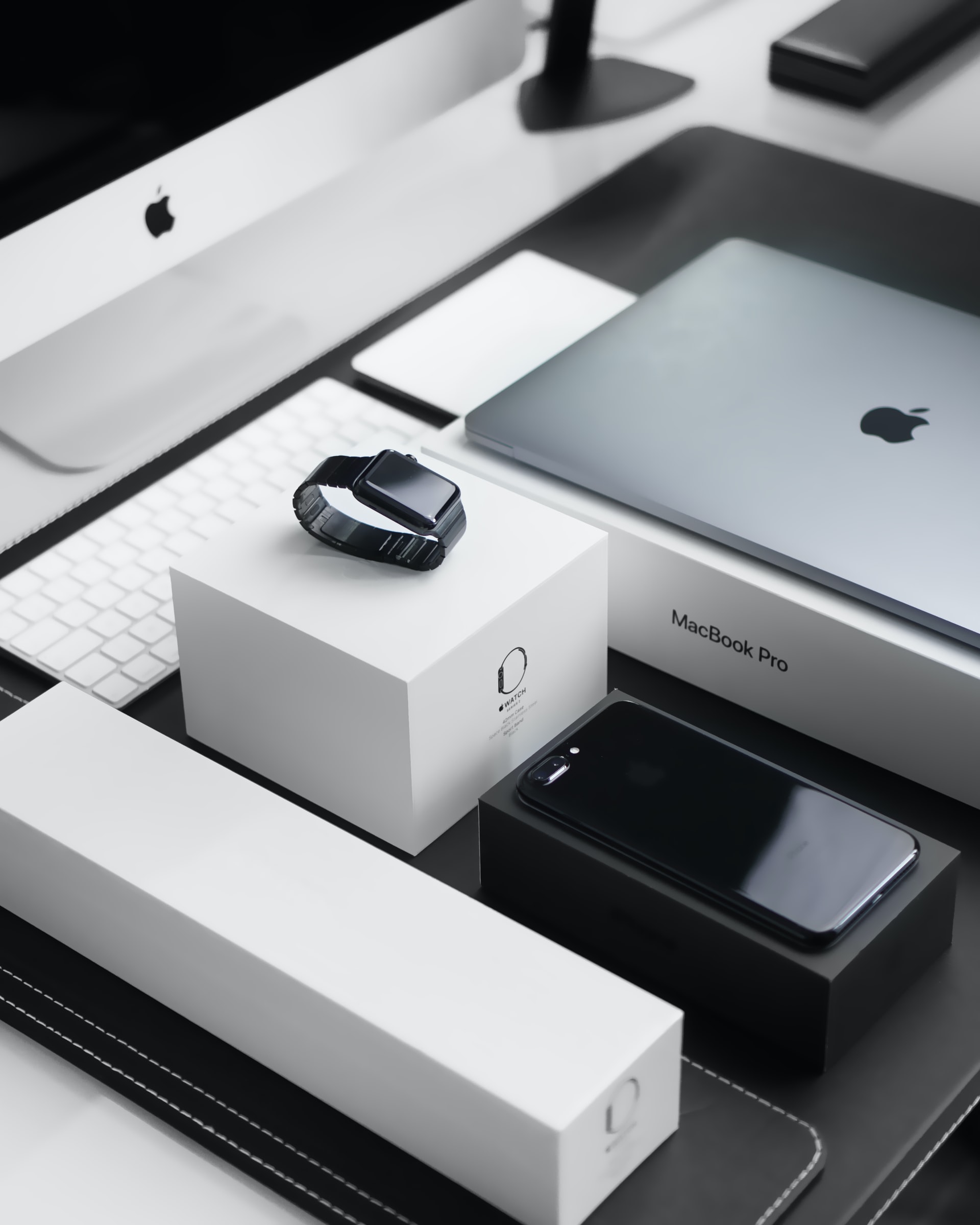Published on:
Since its introduction in 2007, the iPhone has captivated the world's attention. However, as evidenced by the iPhone's popularity, Apple desired to port its desktop-friendly interface to a mobile platform.
"Should I get an iPhone?"
This is a contentious issue, but in the end, it comes down to personal preference. Some people adore the iPhone because of its design, features, and applications. Others prefer Android phones because they can be customised more and have more freedom in terms of carrier selection.
Regular iOS upgrades, new generations of iPhone models, and improved functionality have been added over the years, with long lines of eager Apple fans waiting for the latest edition. This is just one of the many reasons why you should switch to the iPhone. While Apple has clearly transformed mobile technology, the majority of people can agree that the iPhone has both advantages and disadvantages.
The pros of the iPhone
Apple Ecosystem of Apple

One of the primary arguments in favour of purchasing Apple products is the Apple ecosystem. It's simple to access your music, books, movies, and other content once you're a part of the ecosystem on all of your devices. Additionally, if you own an iPhone or iPad, Siri can be used to voice-control everything. Additionally, all of your Apple products are regularly updated with the newest software and are guaranteed to function well together.
An iPhone is your best option if you already own a MacBook, Apple Watch, or an iPad. It takes no time at all to connect two devices, which is a huge time saver. When you need to transfer files or images between your laptop and phone, this ecosystem is helpful. Additionally, you can now start a movie on your phone and finish it on your laptop by using the IOS or macOS operating systems from Apple.
IOS Processor
One of the best processors available is found in the iPhone. It can handle several tasks at once and is quick and effective. Additionally, compared to some of the other processors on the market, it doesn't quickly deplete your battery. Therefore, the iPhone is unquestionably a good choice if you're looking for a top-of-the-line phone with excellent performance.
According to experts, the iPhone's CPU will always perform two steps better than the Android's. For instance, the single-core geek bench on the iPhone X has 432 more points than the one on the S20. In other words, this proves that the CPUs in iPhones are better than those in rival devices.
IOS User Experience
 The iPhone has a renowned user interface. When you hold it in your hand, you can tell that it's something special. A truly distinctive experience is produced by the combination of the svelte design, the user-friendly interface, and excellent performance.
The iPhone has a renowned user interface. When you hold it in your hand, you can tell that it's something special. A truly distinctive experience is produced by the combination of the svelte design, the user-friendly interface, and excellent performance.
When it comes to user experience, no other phone can compete with the iPhone. And because of this, millions of people around the world now use it exclusively for mobile computing. Whether you're using the iPhone to check email, browse the web, or stream music or videos, the experience is always top-notch.
IOS Camera
One of the most significant advancements is the iPhone's camera, which has improved and impressed over time. iPhone users can take better pictures because their phone's pixel count exceeds that of the standard competition. With a more sensitive sensor, the iPhone camera can now take better pictures in dim lighting. Sony sensors enable stunning image capture.
Additionally, iPhone cameras have always performed better than Android cameras, with Android cameras varying greatly from model to model.
IOS Enhanced Security.
Although Android devices can be highly customised for a high cost, this flexibility has a downside. Because Android phones are so accessible, hackers can damage or steal data from them. This is not possible on the iPhone thanks to Apple's firewall. Make sure anything you download from a third party is secure before doing so.
The iPhone's negative qualities
It's expensive.

It is undeniable that Apple products are expensive, and the iPhone is no exception.
In contrast to other brands, the iPhone is very expensive. Many well-known devices run the Android operating system, including those from OnePlus, Samsung, Xiaomi, and Google. Rates differ as a result, from provider to provider. However, iOS is only compatible with iPhones, and the price is essentially fixed.
Battery
When your iPhone's battery doesn't last as long as you'd like, it can be very frustrating. But relax; you're not by yourself. This problem seems to be plaguing a lot of people right now. An iPhone's battery life gets shorter over time. If you frequently use data, the percentage charge quickly decreases. Additionally, using 4G mobile data is expensive. This will also occur if you are playing video games.
Keep your iPhone in a cool, dark -environment and avoid using it while charging for the longest-lasting battery life possible. Use low power mode whenever you don't require your phone to be operating at full capacity. And finally, if battery life is really a problem for you, think about spending money on a battery case or an external charger.
An excellent user experience uses a lot more battery life.
Restrained by the Apple Ecosystem

Although finding and buying compatible Apple products, like an Apple Watch and an iPhone, can be very useful, it also reduces the range of options available. The Android ecosystem is designed to be flexible and open, offering a wide variety of options. On the other hand, Apple has a monopoly on its market and produces products that are exclusive to its ecosystem. With an Android device, you can easily connect to third-party cloud services, but once you've bought an Apple device, you can't.
Do you need an iPhone?
The iPhone is a strong gadget with a tonne of features. But do iPhones merit the price? Every phone has advantages and disadvantages, and your choice is always final. You deserve it if you believe that this phone best fits your needs.
Share With Your Friends